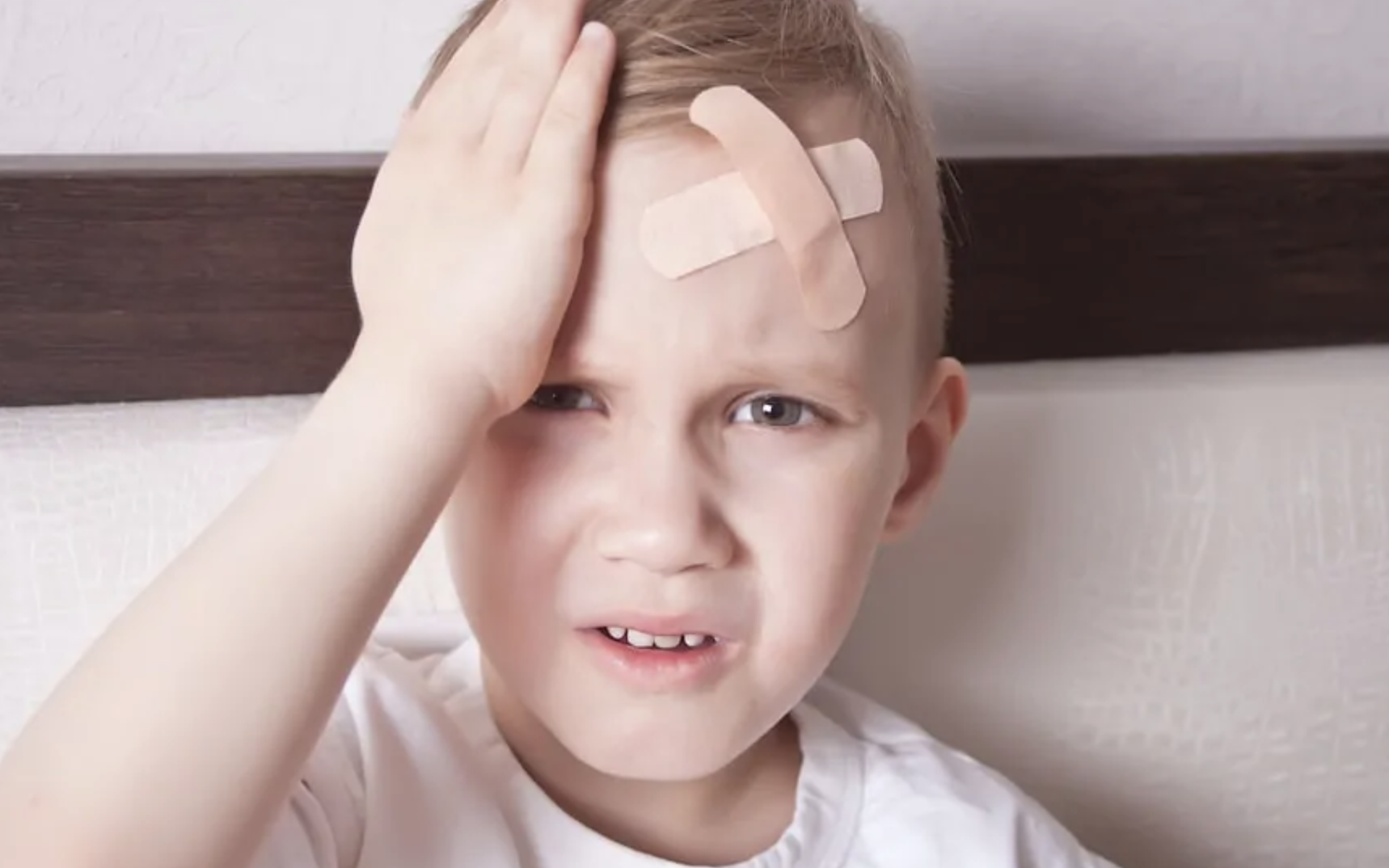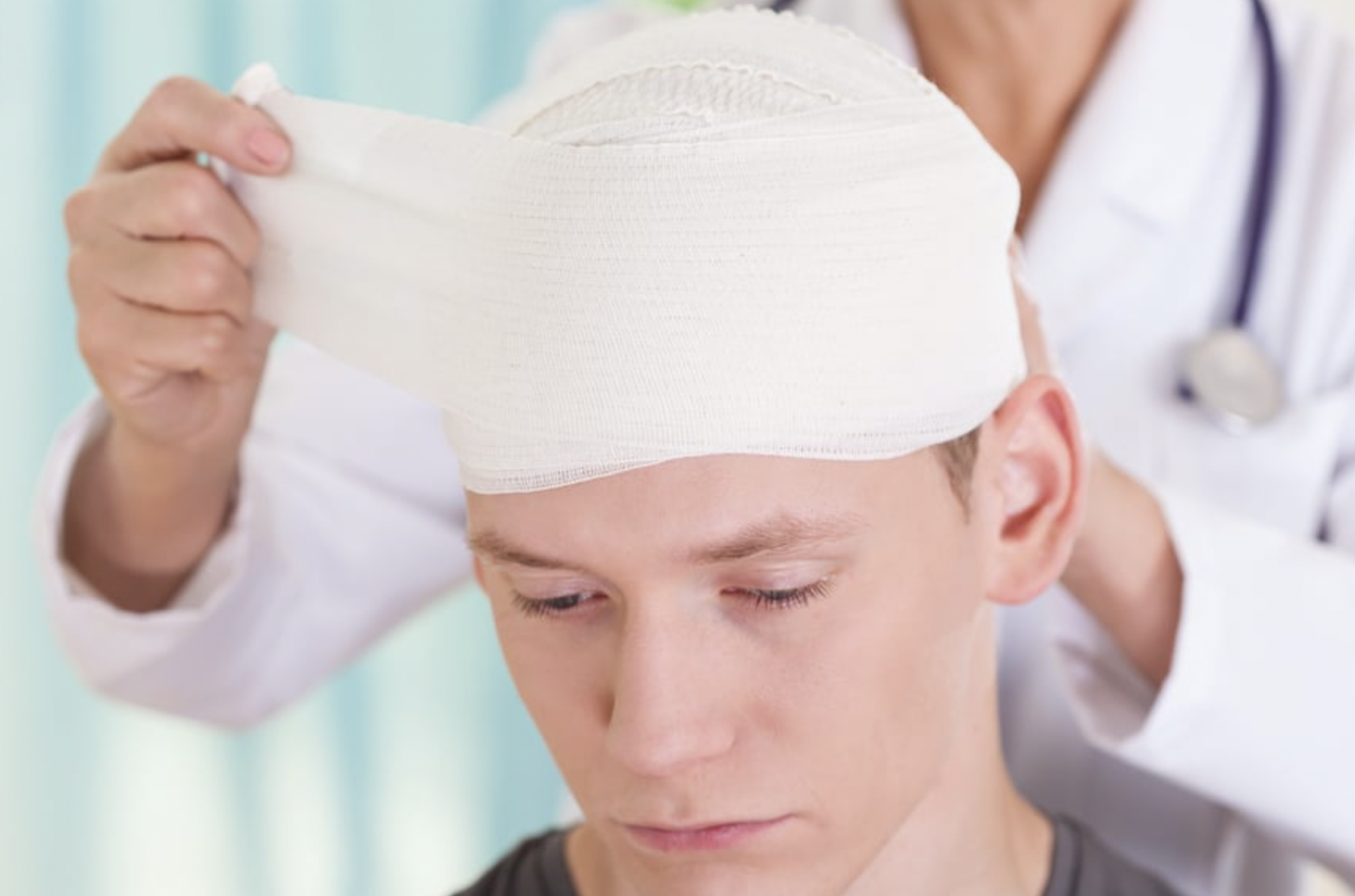If you have suffered a head injury – for example from a fall, being hit by a ball or being hit by someone – there are a few things you should know. Many head injuries are mild and do not cause any problems, but some are more serious and can cause injury. A concussion is brain damage that causes symptoms such as headache, dizziness and confusion.
It is important to know whether you have suffered an injury so that appropriate treatment can be given. Failure to do so may worsen or prolong symptoms. And sustaining a second injury before the first has healed can be dangerous.

What should you do immediately after a head injury?
If you get injured while playing a sport, stop playing immediately. If you ski or snowboard, call ski patrol to help you down the hill. If you ride a skateboard or bike, stop riding. Don’t risk hurting your head again. A second blow to the head can cause a condition called second-impact syndrome. Second impact syndrome is less common but can cause permanent brain damage and even death.
Make sure your coach, athletic trainer, parent, or other trusted adult knows you hit your head so they can help you monitor the injury for symptoms.
If you suffer a head injury while playing organized sports, your coach or athletic trainer may examine you immediately after the injury. This is called a sideline test because it may take place on the sideline during a match. Sideline testing is common in schools and sports leagues. A trained person can tell if you need medical attention by looking at you and performing a few simple tests.
What to pay attention to after a head injury?
Some concussion symptoms appear immediately after the injury. Others may appear after several hours or even days.
Symptoms may include:
- headache
- Dizziness
- Nausea or vomiting
- Problems with coordination or balance
- blurred vision
- Talking gibberish or saying things that don’t make sense
- Feeling lost and numb
- Difficulty concentrating, thinking or making decisions
- Difficulty remembering things
- getting sleepy
- Problems with sleeping
- I sleep more or less than usual
- Feeling anxious or irritable for no apparent reason
- Feeling sad or more emotional than usual
If you experience any of these symptoms, call a health care professional (e.g., doctor, nurse practitioner, or physician assistant) immediately to get tested.
